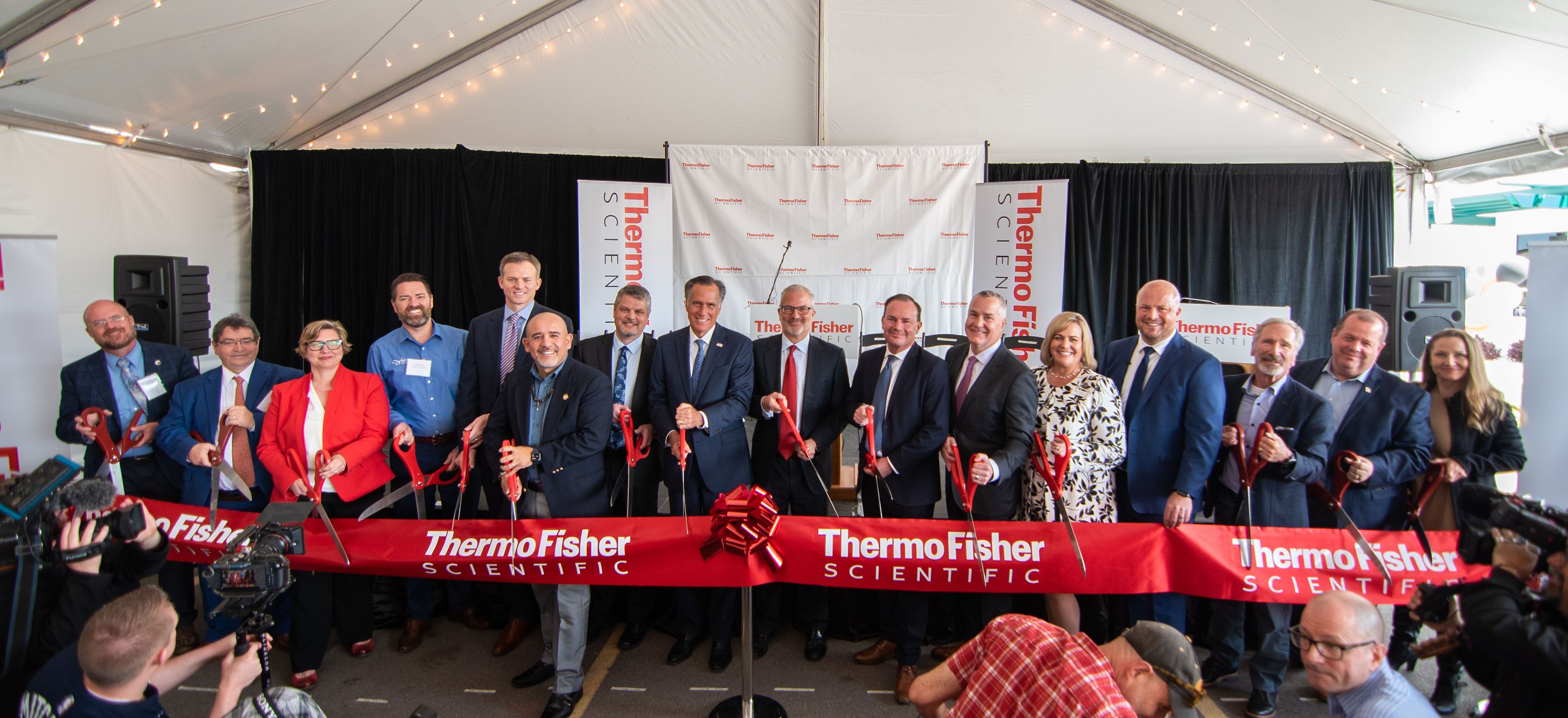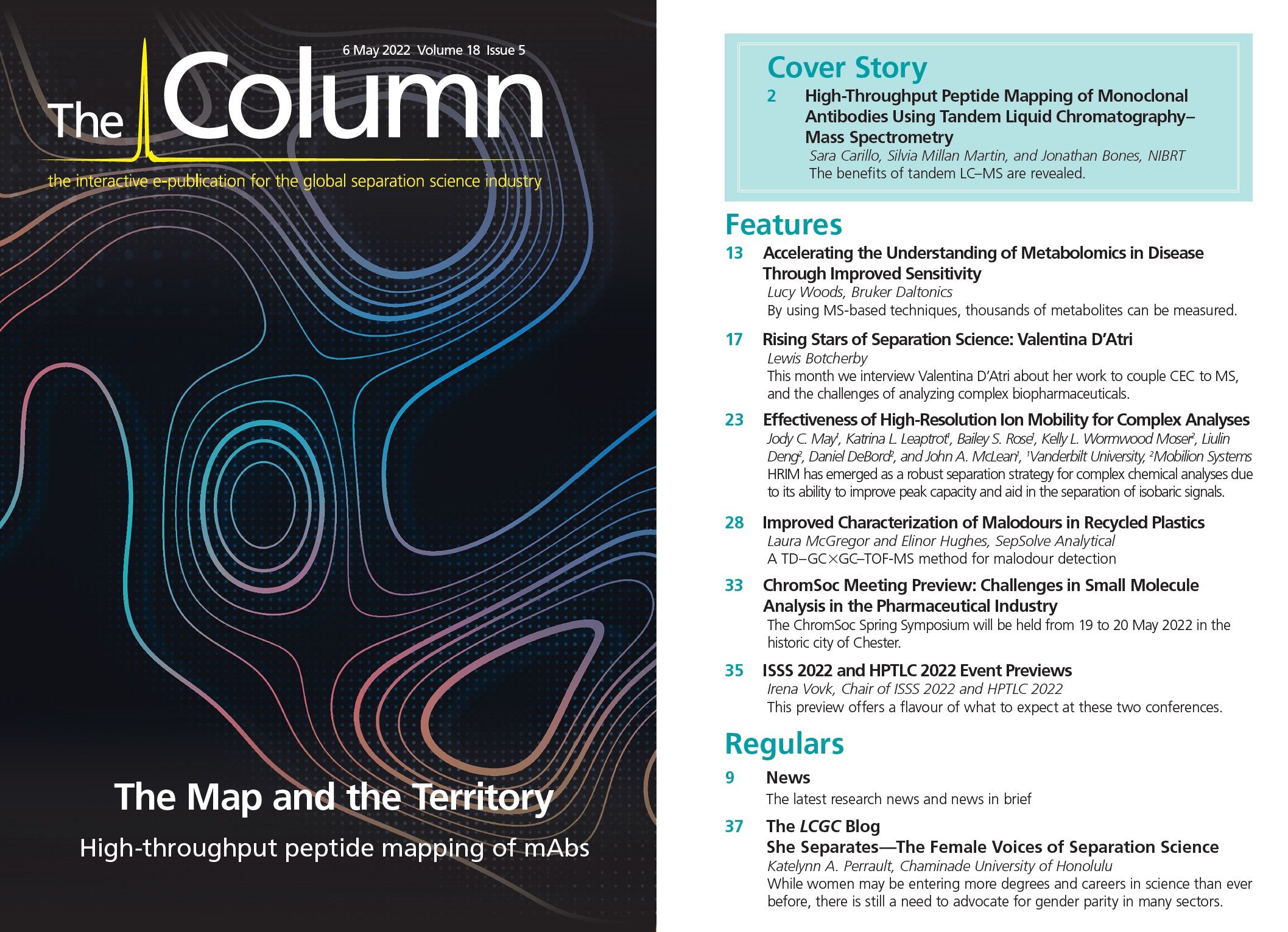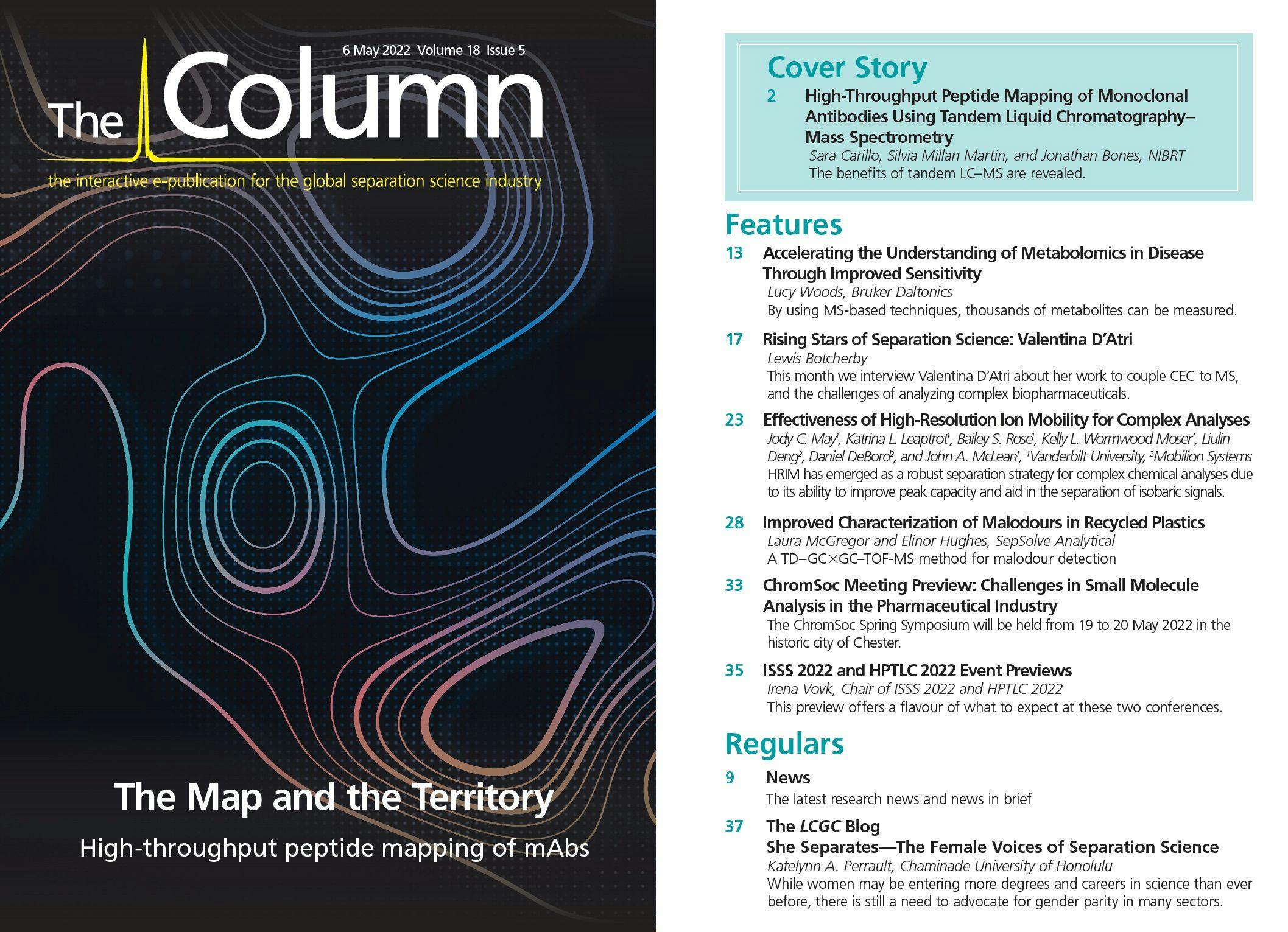Thermo Fisher Scientific Continues Expansion
Thermo Fisher Scientific (Massachusetts, USA) celebrated the opening of its new single-use technology manufacturing site in Ogden, Utah, USA, and announced a $97 million expansion to its bioanalytical laboratory operations across three new locations in Virginia’s Greater Richmond region. The state‑of-the-art facility in Utah creates additional capacity for the development of new vaccines and therapies.
The Ogden site is a 55,000-square-ft facility that will manufacture customizable bioprocess container (BPC) systems. These BPCs are used for the delivery, processing, separation, storage, and transportation of critical liquids used in the production of biologics, vaccines, and cell and gene therapies. The site has hired more than 300 employees and has the potential to employ up to 450 people, adding to the 2000 strong workforce the company has across the state of Utah and establishing a critical hub for bioprocessing.
“The Ogden facility further strengthens our global manufacturing network, which has been growing to meet increasing demand for single-use consumables and critical raw materials,” said Mitch Kennedy, President, Single-Use Technologies, Thermo Fisher Scientific. “This new facility expands our presence in Utah and locating here gives us the ability to work closely with our Logan site, providing access to a talented workforce that is ideal for manufacturing.”

In Virginia, the existing laboratory services operation there comprises more than 300,000-square-ft, making it one of the largest laboratories of its kind in the world; it employs more than 1200 professionals. Thermo Fisher acquired the laboratories with the purchase of PPD, Inc., in December 2021. The expansion is part of Thermo Fisher’s $650 million multi-year investment, announced last year, to help ensure flexible, scalable, and reliable bioprocessing production capacity exists for critical materials used in developing new and existing biologics and vaccines, including for COVID-19. Longer term, the company plans to continue to invest in and connect the capabilities across the combined company. The bulk of the expansion will occur in immunochemistry and chromatography functions, as well as subsequent enhancements in biomarker and vaccine sciences. Two new bioanalytical laboratories will be established in Virginia’s Henrico County, and a third will be established at the VA Bio+Tech Park in the city of Richmond.
“Worldwide, we continue to expand our lab capacity to provide customers with high-quality bioanalytical lab services to advance their clinical research programmes,” said David M. Johnston, Ph.D., Senior VP and President, Clinical Research, Thermo Fisher Scientific. “These services are vital for drug development, as approximately 70% of data generated in clinical trials comes from analytical laboratory testing. We’re pleased to extend our partnership with Virginia, Henrico County, and the city of Richmond to continue our efforts to help customers deliver life-changing therapies to patients in need.”
For more information, please visit: https://corporate.thermofisher.com

Measuring Vitamin K1 Concentrations in Dogs with Chronic Enteropathy Using LC–MS/MS
May 14th 2025A joint study between the University of Tennessee (Knoxville, Tennessee) and the University of Pennsylvania School of Veterinary Medicine (Philadelphia, Pennsylvania) compared directly measured vitamin K1 (vitK1) concentrations in healthy dogs and dogs with chronic enteropathy (CE) using liquid chromatography tandem mass spectrometry (LC–MS/MS); they also investigated whether supplementation of vitK1 in dogs with CE would significantly increase vitK1 concentrations.
HPLC 2025 Preview: Fundamentally Speaking (Part 2)
May 14th 2025Michael Lämmerhofer from the Institute of Pharmaceutical Sciences, University of Tübingen, Germany, spoke to JFK Huber Lecture Award winner of 2024 Torgny Fornstedt, professor in analytical chemistry and leader of the Fundamental Separation Science Group, Karlstad University, Sweden, about his pioneering work in high performance liquid chromatography (HPLC) with a focus on fundamentals, ion-pair chromatography, and oligonucleotide applications.

.png&w=3840&q=75)

.png&w=3840&q=75)



.png&w=3840&q=75)



.png&w=3840&q=75)

















